Makita continues to be one of the most popular and well-thought-of suppliers of cordless power tools. Their 18V LXT range can be found on job sites up and down the UK… and are instantly recognisable. One of the things that have never changed is the share vastness of the range… . With over 300 tools that make up the LXT family.
This is brilliant, but can also be very confusing, particularly when there are multiple versions of the same tool… it often takes a degree in engineering to figure out the difference between them. So with this in mind, I’ve taken on board customer feedback and written this handy guide to explain the most recent range of Makita Combi Drills, so you understand exactly what you’re getting for your money!
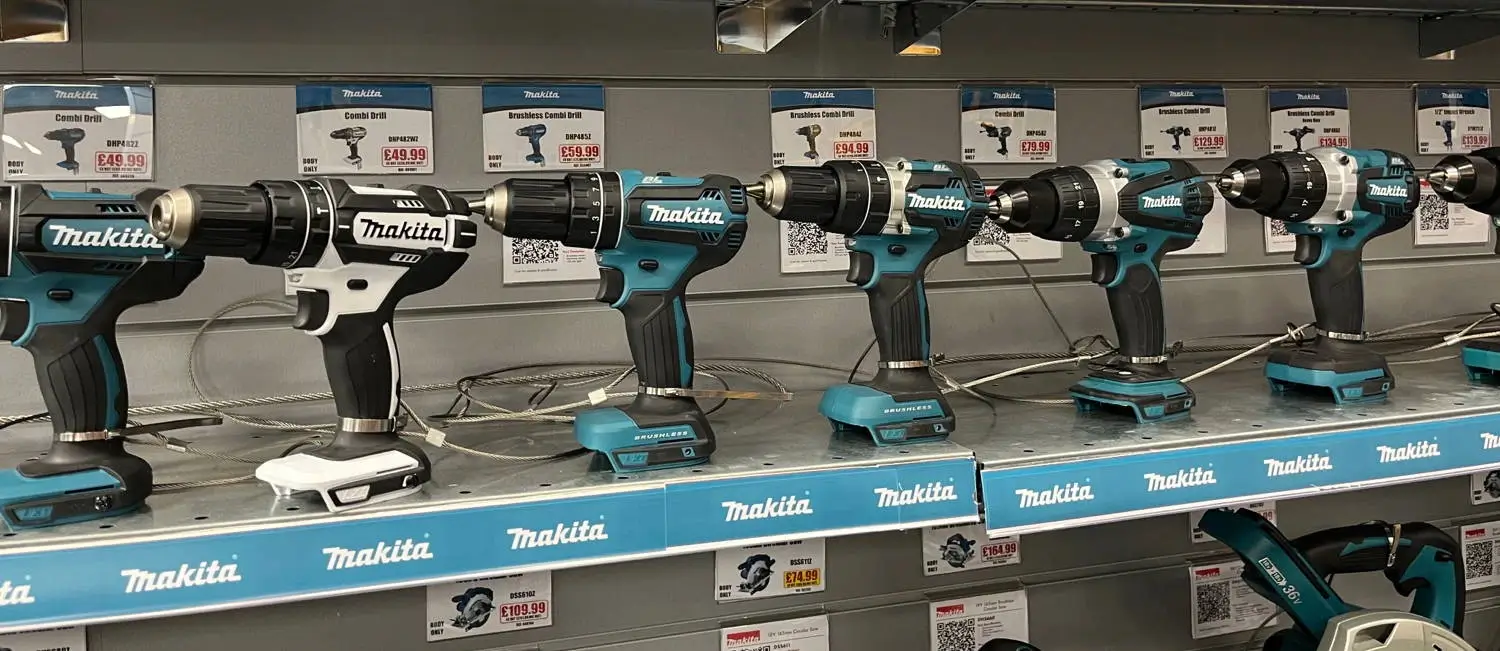
Now like I say I am going to focus mainly on 18V LXT Combi Drills – this is purely due to it being the most sought-after and complex range of Makita Combis. There is of course a small range of lightweight and compact options in the 12V CXT range, which you can view here.
On the other side of the coin if you’re after Makita’s most powerful combi, then look no further than their 40V XGT range, which includes a combi, you can see that here.
But for now, let’s focus our attention on 18V LXT. At the time of writing this, there are 9 models on the market and I am going to do what I can to break them down for you.
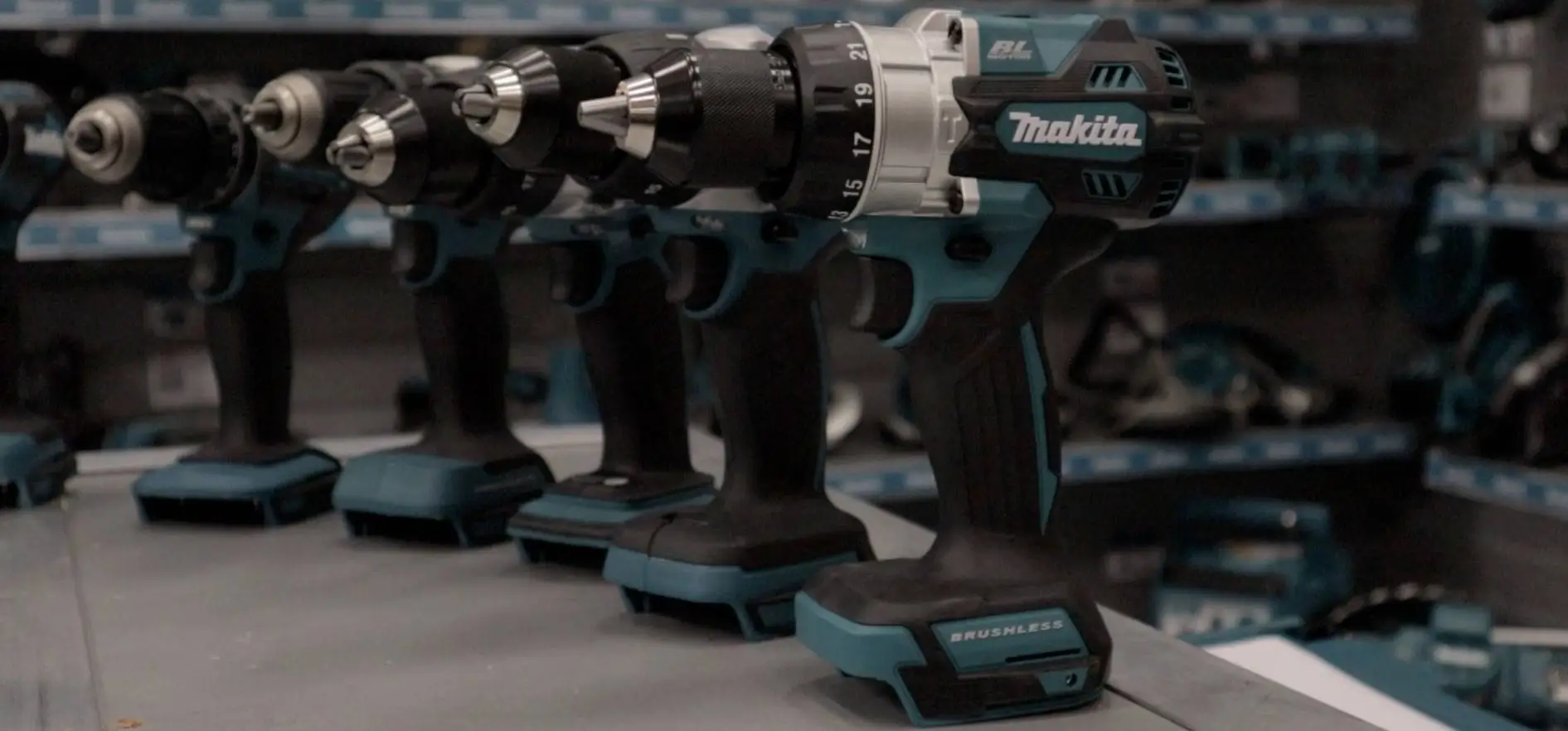
A note about model numbers
If you’re a pro and know all about Body Only and Battery options, then skip on ahead. If not, then I’d like to clear up something that is again quite confusing. The model numbers that Makita produce are generally a 6-digit reference, which signifies the ‘Type’ of tool and the model of that tool. So for their combi drills, they start with ‘DHP’ (Which stands for ‘Drill Hammer Percussion’). Then comes the 3 numbers e.g: DHP481 (481 being the model). Then anything that comes after those 6 digits just signifies the colour or battery option. With ‘Z’ meaning ‘body only’ (no Batteries), and ‘W’ meaning ‘White’ (Special edition colour). You’ll then often see things like RTJ (DHP481RTJ) which signifies that it comes with 2x 5Ah Batteries, Charger and Case).
You could therefore see model numbers for drills which are all the same drill, but with different colours/options.
DHP481Z – Body Only
DHP481ZW – Body Only (White Version)
DHP481RTJ – With 2x 5Ah Batteries, Case and Charger
Etc….
For this article, we’re going to keep it simple and only concentrate on the base models (the first 6 digits). All of the drills I’m about to mention are available in a variety of kits.
CURRENT MAKITA DRILLS IN CIRCULATION ARE:
| DHP453 | DHP458 | DHP481 |
| DHP482 | DHP483 | DHP484 |
| DHP485 | DHP486 | DHP487 |
How we tend to define combi drill is by looking at 3 areas:
Build quality, Motor and Power Output… figuring out what a combi drill has on offer in these 3 areas gives us a clue as to how ‘good’ a combi it is and that’s what we’re going to break down today… and we’re going to label each model as either ‘Entry Level’ ‘General Duty’ or ‘Heavy Duty’ depending on how they stack up!
| Model Number | Class | Motor | Chuck | Torque |
|---|---|---|---|---|
| DHP453 | Entry Level | Brushed | Plastic | 42Nm |
| DHP483 | General Duty | Brushless | Plastic | 40Nm |
| DHP487 | General Duty | Brushless | Plastic | 40Nm |
| DHP485 | General Duty | Brushless | Plastic | 50Nm |
| DHP482 | General Duty | Brushed | Plastic | 60Nm |
| DHP484 | General Duty | Brushless | Plastic | 54Nm |
| DHP458 | Heavy Duty | Brushed | Metal | 91Nm |
| DHP481 | Heavy Duty | Brushless | Metal | 115Nm |
| DHP486 | Heavy Duty | Brushless | Metal | 130Nm |
ENTRY LEVEL MAKITA DRILLS
Makita DHP453
Now, this is Makita’s low-end model. It’s been designed to fill the shelves of DIY stores and give a low-end, low-cost option to people that want a Makita drill, but don’t need or want one which will stand the test of time, or job site conditions.
It has a brushed motor, 2-speed gearbox with plastic housing, a plastic chuck, 16 torque settings and will deliver 42Nm of torque.
MEDIUM DUTY MAKITA DRILLS
Makita DHP483
The DHP483 gives the low-end drill a brushless upgrade! Meaning that this motor will last much longer in terms of an overall lifetime, but also per charge. Brushless motors are very much the way forward as they make sure you get all possible power and runtime out of your battery!
The DHP483 has a brushless motor, 2-speed gearbox with plastic housing, a plastic chuck, 20 torque settings and will deliver 40Nm of torque.
Makita DHP487
This is virtually identical to the DHP483 (above), save for the fact that it has a slightly heavier duty casing around the gearbox. It is also slightly smaller and lighter
The DHP487 has a brushless motor, 2-speed gearbox, a plastic chuck, 20 torque settings and will also deliver 40Nm of torque.
Makita DHP485
The DHP485 is again very similar to the models above but does have a noticeable increase in power…. But the same build quality and brushless motor as before.
The DHP485 offers a brushless motor, 2-speed gearbox with plastic housing and plastic chuck, 21 torque settings and will deliver 50Nm of torque.
Makita DHP482
Another step up in power, but with a brushed motor we have the very popular (our most popular) DHP482. This has always offered an excellent combination of power and performance Vs value (which is why it’s so popular)
The DHP482 has a brushed motor, 2-speed gearbox with plastic housing and plastic chuck, 21 torque settings and will deliver 60Nm of torque.
Makita DHP484
Another jump up in build quality and motor, but a slight backwards step on power. This is what the DHP484 gives you. A heavier-duty body and a high-performance brushless motor. But with this comes a reduction in torque.
The DHP484 has a brushless motor, 2-speed gearbox with metal housing and a plastic chuck, 21 torque settings and will delivery 54Nm of torque.
HEAVY DUTY MAKITA DRILLS
Makita DHP458
This drill is nearly as old as the Makita LXT range itself. It was for many years, the best cordless drill on the market, and plenty of pros still won’t say a bad thing about this workhorse!
It doesn’t have a fancy brushless motor, but the build quality and performance speak for themselves!
The DHP458 has a 4-pole brushed motor, a 2 speed gearbox with full metal housing and a metal chuck! It offers 21 torque settings and will deliver 91Nms of torque.
Makita DHP481
After the brushless revolution, Makita brought out this exceptional model! For the last 6-7 years it’s been Makita top of the range, most powerful cordless combi. It has an excellent brushless motor and was supplied with a large side handle (to help the user cope with the sheer amount of power this thing can produce).
The DHP481 has a brushless motor, a 2-speed gearbox will full metal housing and a metal chuck. It offers 21 torque settings and will deliver 115Nm of torque.
Makita DHP486
Move aside DHP481, there’s a new king in town… and its name is DHP486.
This is currently Makita’s top-of-the-range model! It delivers torque power that isn’t too far from most industry standard impact drivers and has stunning build quality.
The DHP486 has a brushless motor, a 2-speed gearbox with full metal housing and a metal chuck. It’ll offer 21 torque settings and deliver a massive 130Nm of torque!
If you want the best – then this is the one you want!
So that’s my breakdown of the current line-up on Makita 18V combis – I know that it’s a lot to get your head around and there are some very similar models… which is frustrating. However, if you’re asking me for my top picks I’d highlight 2 models:
What is the best Makita combi drill for the price?
Makita DHP482 – This offers a very impressive performance for a general duty Makita combi drill. It will be able to achieve most things you ask of it on site and it won’t let you down!
What is the top of the range Makita combi drill?
Currently, you’d say that the Makita DHP486 is the very top of the range. With the best build quality, motor and performance, no matter the job – simples.
If you’re still unsure or if you’ve seen other models and you can’t quite decide then give our experienced team a call on +44 (020) 8532 5000, drop us an email to [email protected], or connect with us on Facebook, Twitter and Instagram. We all know our stuff and are more than happy to give you the best advice we can when you make your purchase!

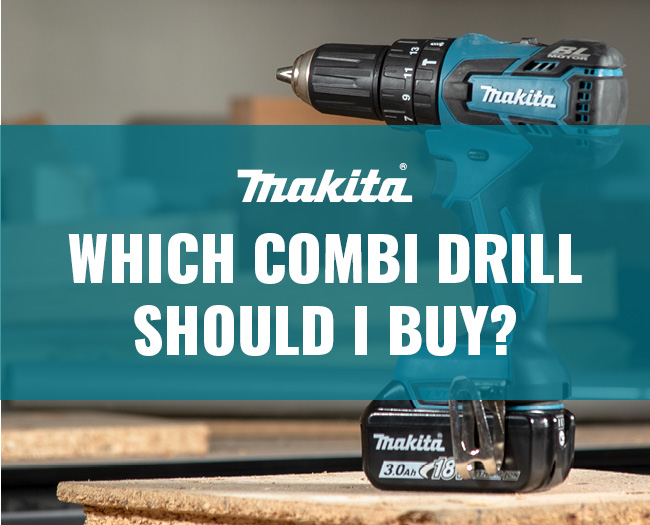

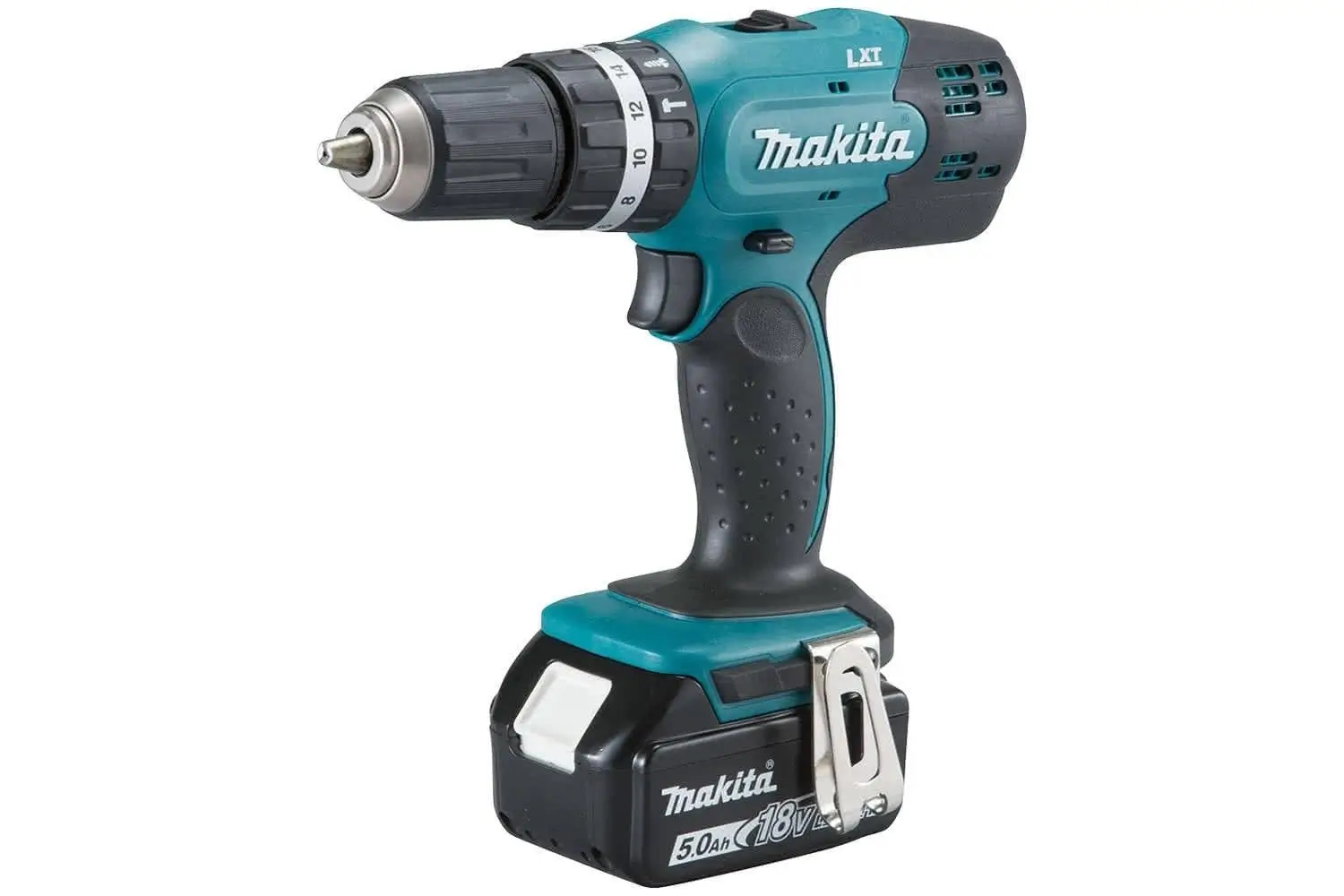
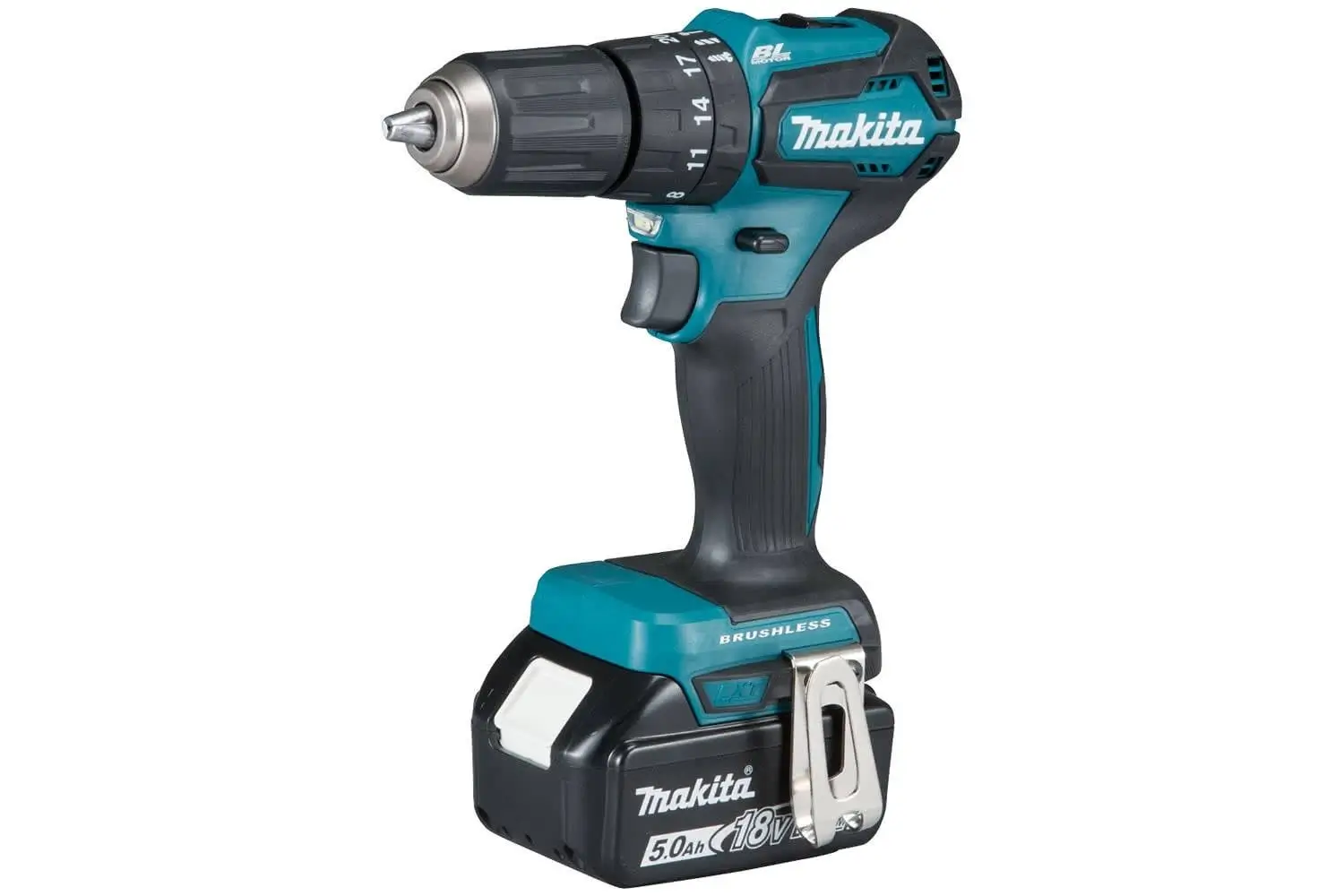
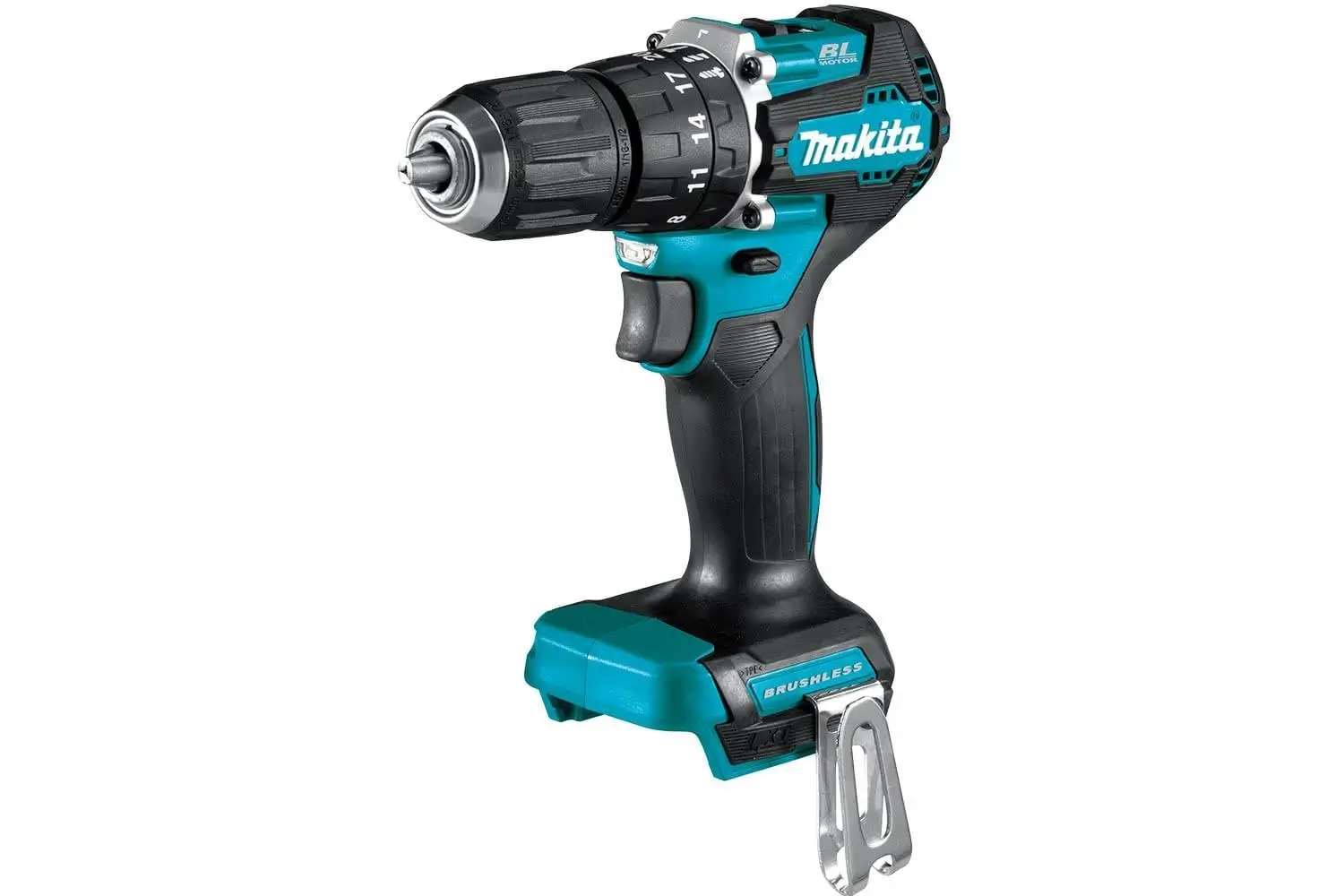
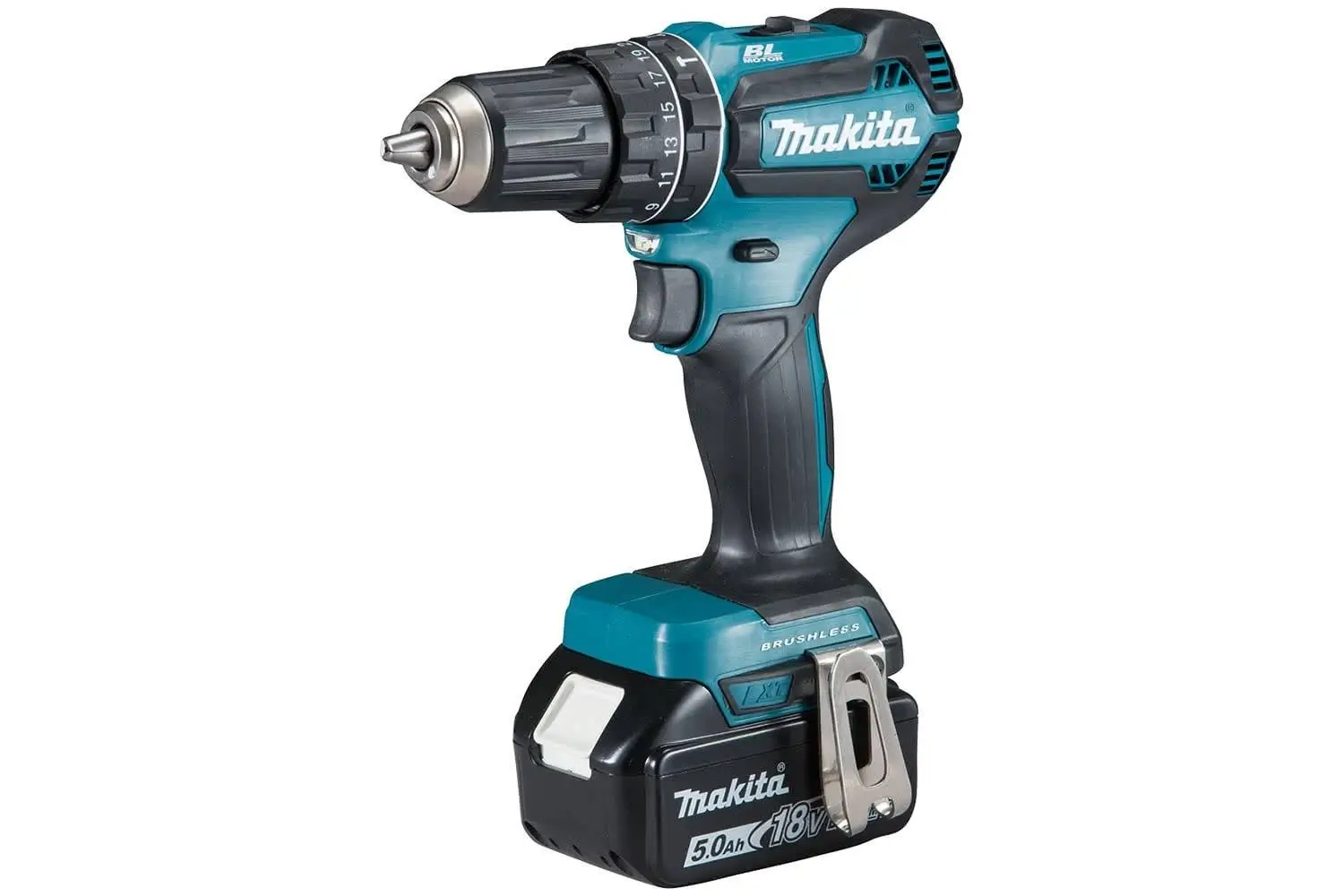
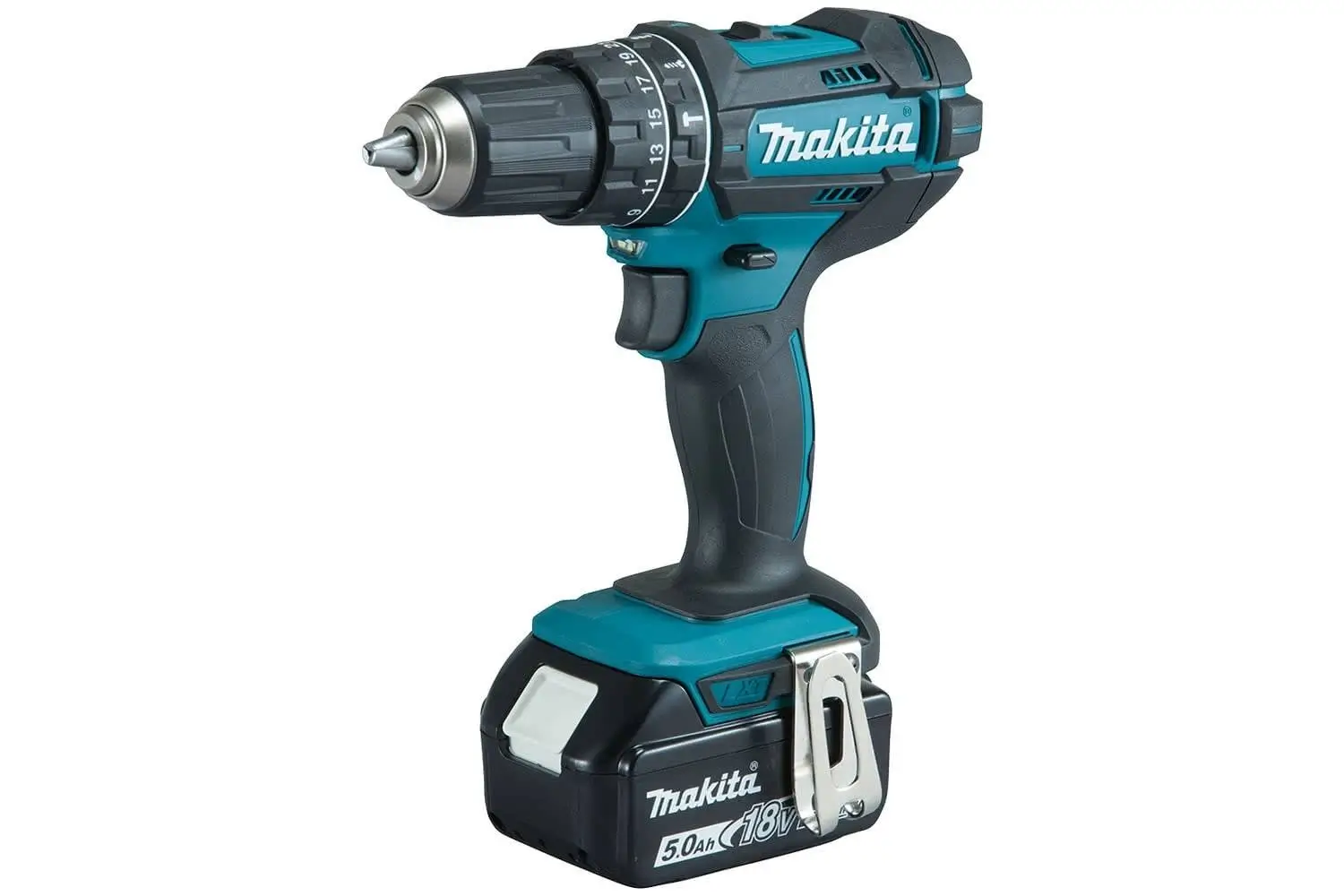
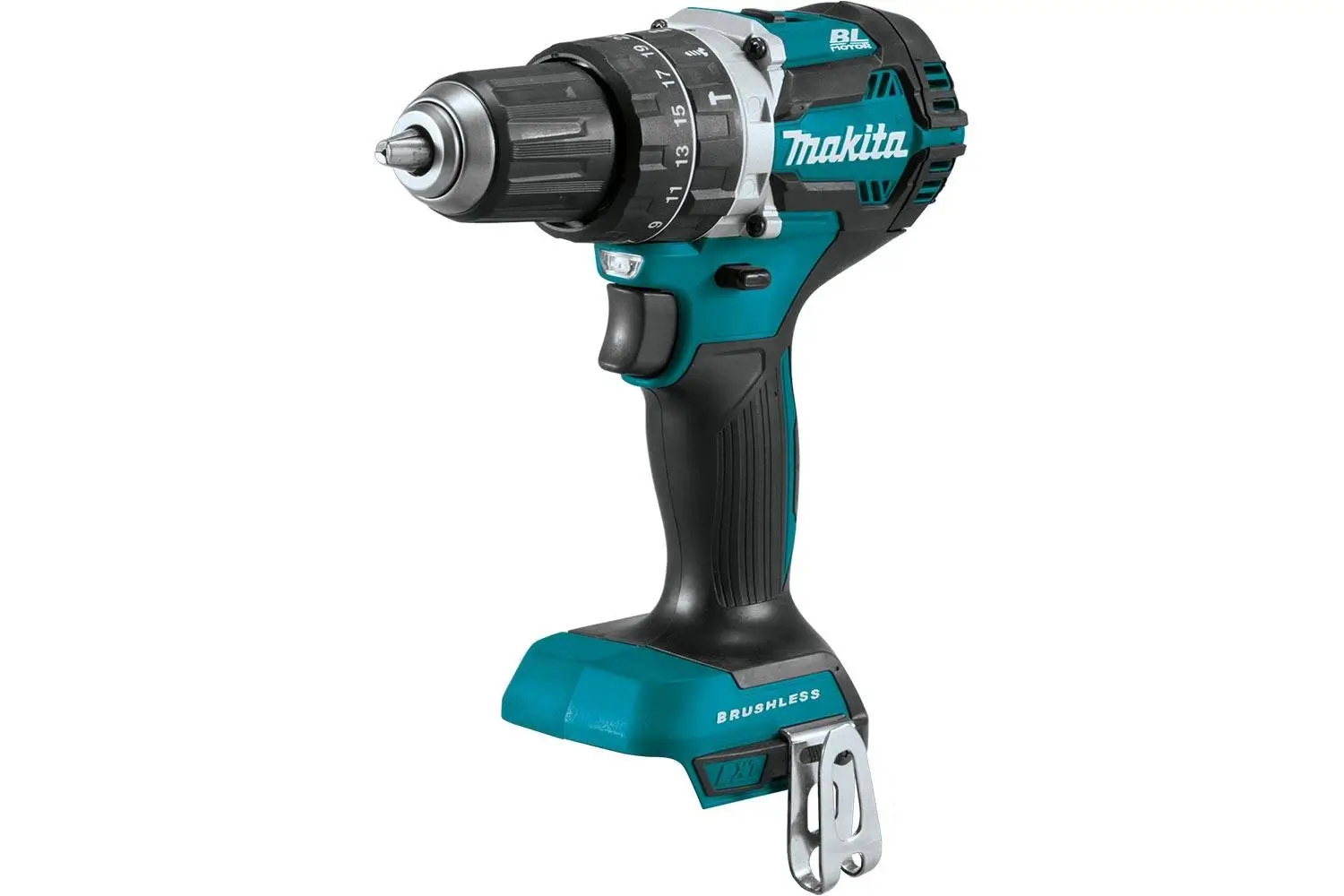
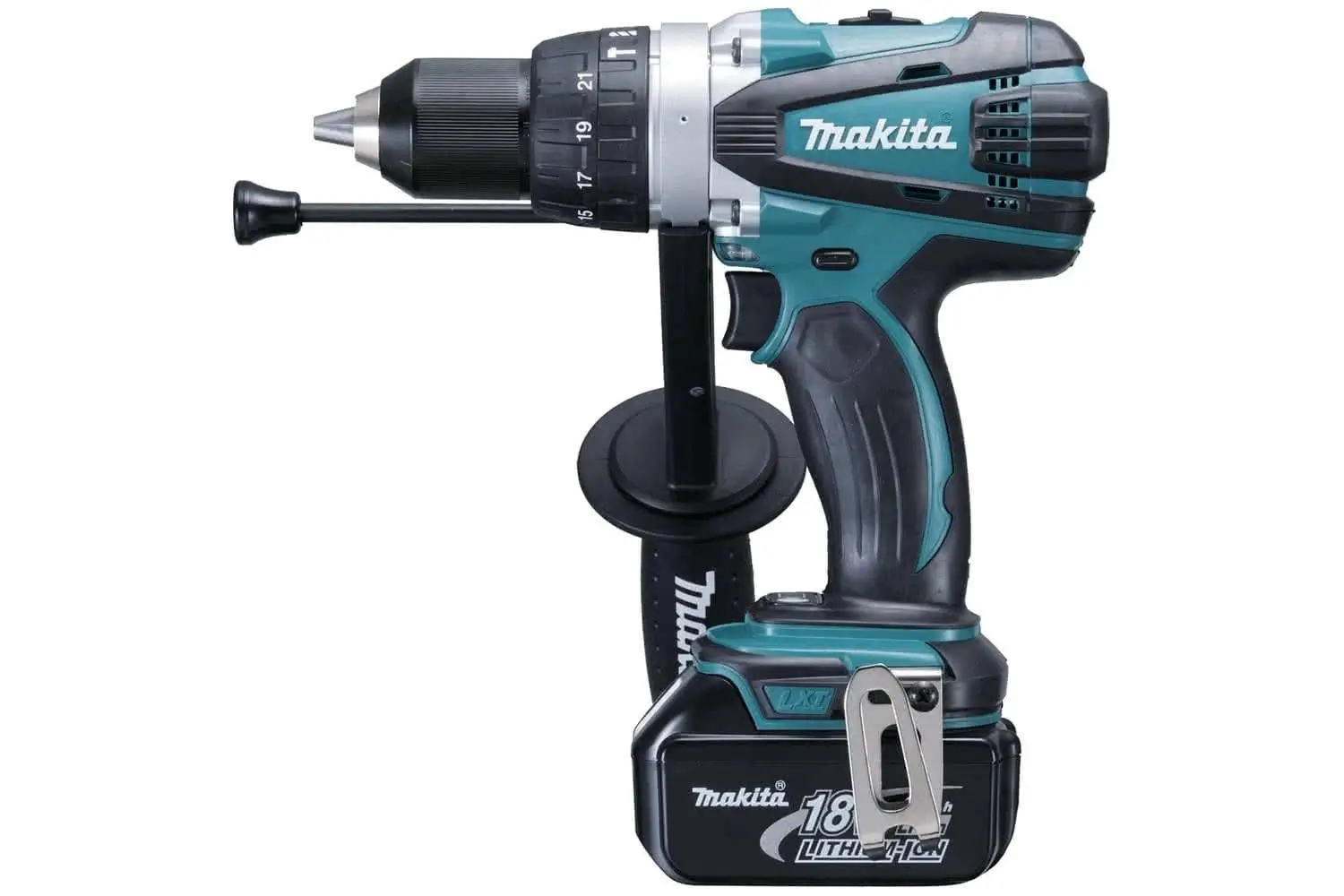
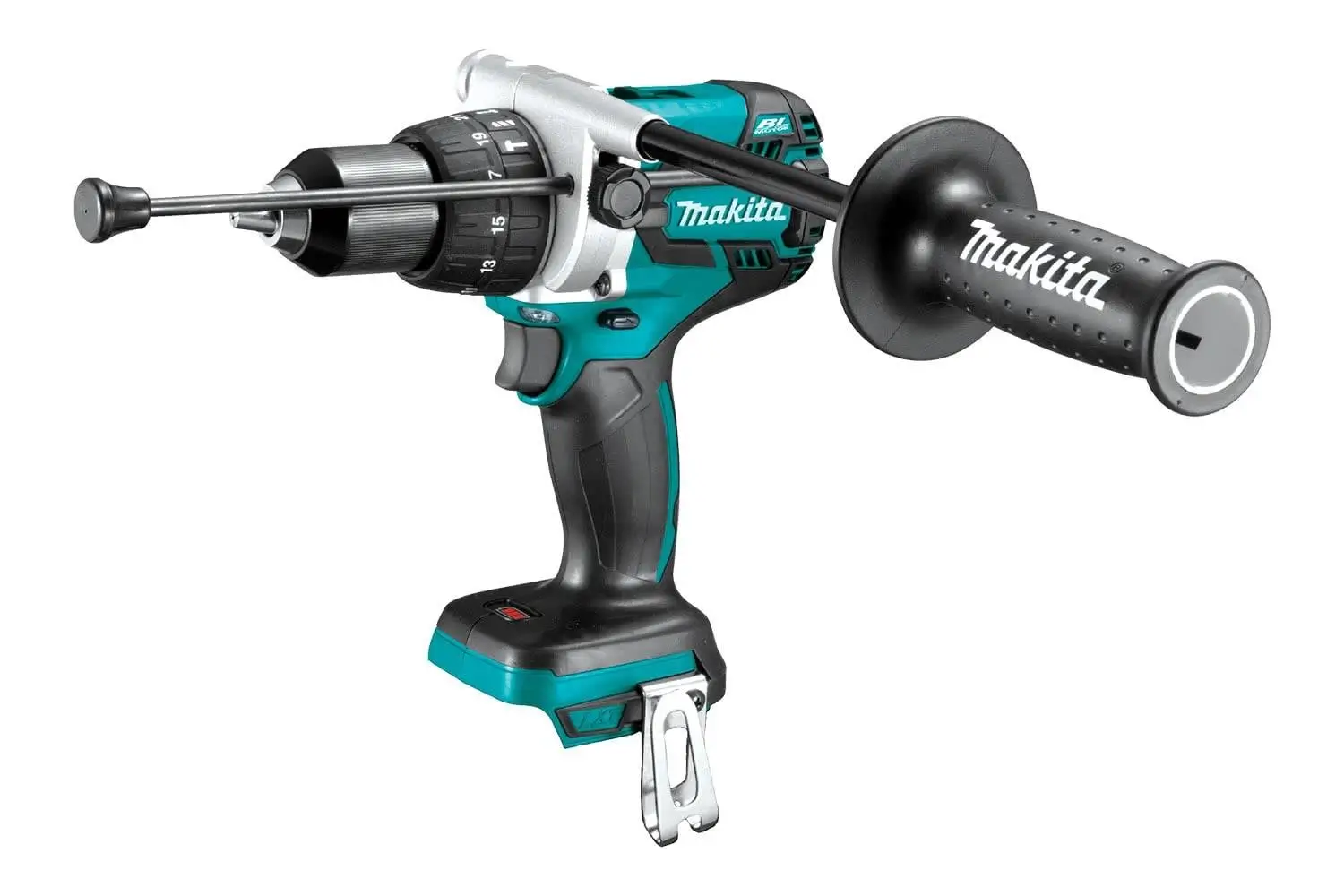
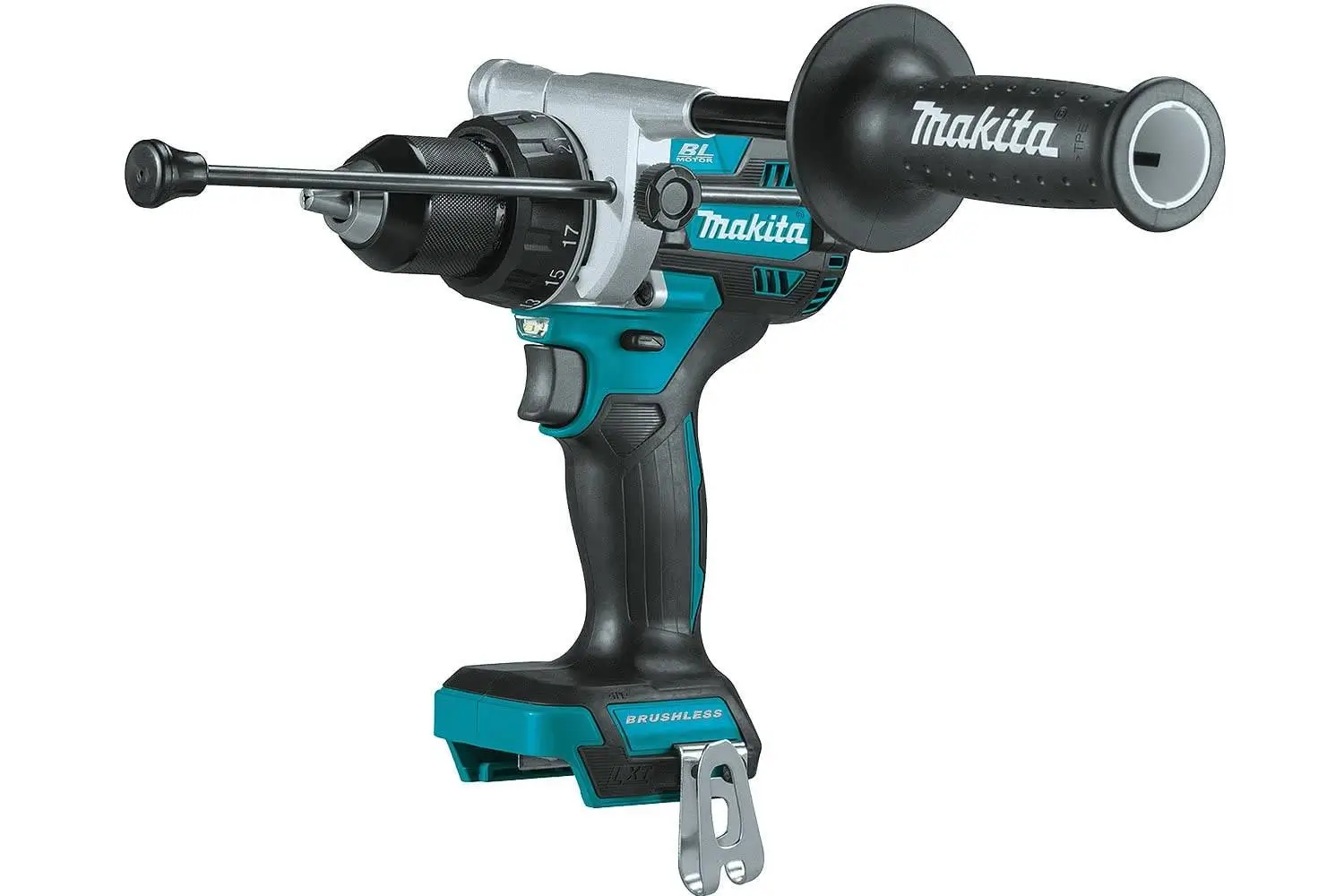
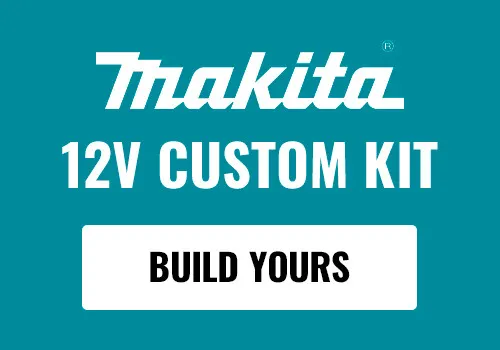
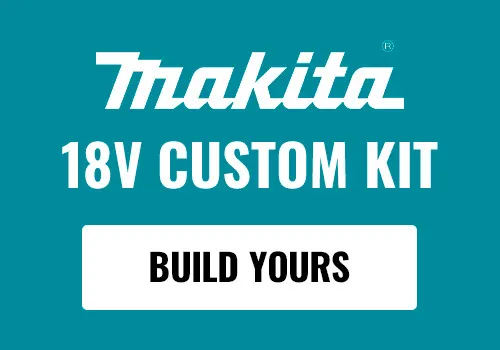
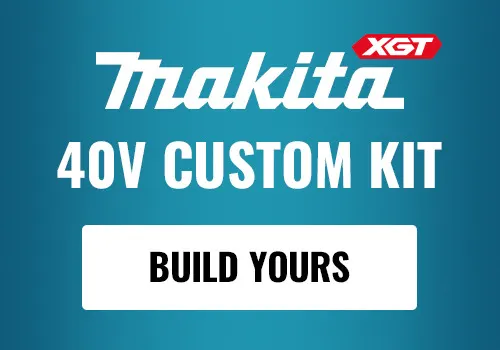
Great comparison for novices!
Now just add in the 489!
I am now on my 3rd 486 in 2 months. The design has changed from its predecessor and the selector for drill torque is now on the same dial as the selector for hammer and drill. I am certain that this is causing problems as in high speed drill mode (no torque setting selected), drilling I beam joists with a bosh professional 32mm drill bit, the drill clutch regularly slips. This is so disruptive that I have dusted off my 4 year old 481 and have gone back to using that.
Really disappointing as all my power tools and batteries are Makita and to replace this drill and have 2 batteries is a £400-£500 expense.
I am having similar problems with this drill. Sometimes it needs a lot of encourgament to get into drill/hammer mode. And once in drill it likes to slip into hammer and destroy my drill bits… I just had my first sent back to makita.
thanks for the great article, keep up the good work
A quick question.
I saw you wrote the W stands for white, and there is no difference between the same model besides the color, but I do see a big difference in price
The DHP484RGJW come with a fast charger, a box and 2 18V 6Ah batteries
And the DHP484RTJ come with a fast charger, a box and 2 18V 5Ah batteries
The white one with better batteries costs 70 Euros less.
Are they really identical and this is a bargain? Do I miss anything?
Thank you
Hi John,
As long as the Drills Model number is DHP484 then yes, they are the same Drill.
Unfortunately, we never stocked this version so I can’t look up the code for you, but I’d recommend when purchasing to buy from a reputable dealer.
Hi Can you use a 5A hour battery on the Makita BHP458 which came with a 3A hour please note this is not the DHP model
Yes you can – The BHP458 is an 18V LXT tool so should be compatible with LXT 18V batteries. You may have to check the bottom of the tool to see if there is a Star at the bottom of your tool, aslong as your model has that star you’re good to go!
Really simply explained – 3Ah shows the amount of charge the battery holds so 5Ah will hold around 70% more charge than a 3Ah battery, there are more nuances to Amperage (for example some batteries like powerstack use a different array which is more efficient) but this is a quick way to look at it